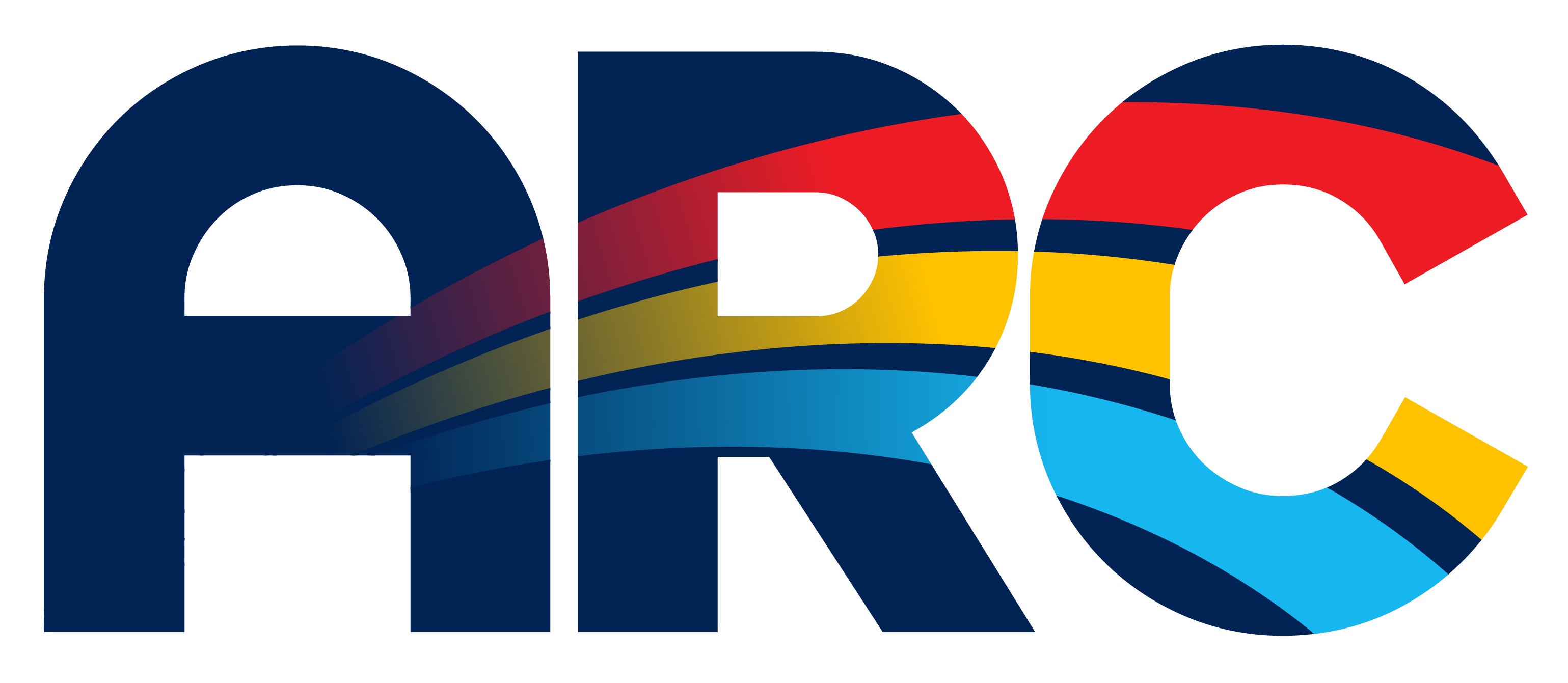A case study of gender advocacy in humanitarian faith-based organizations
Presenter Status
Graduate Student
Session
A-1
Location
Buller Room 208
Start Date
14-5-2015 9:20 AM
End Date
14-5-2015 9:45 AM
Presentation Abstract
This paper analyzes how gender advocacy is approached by humanitarian faith-based organizations (FBOs). We use the following humanitarian FBOs as a case study: Tearfund, World Vision International, Muslim Aid and Islamic Relief Worldwide. Using Kappaz (2001) comparative approach to advocacy we look different activities of each organization in relation to gender advocacy. The comparative approach includes the following activities: (1) consultative status at the UN, (2) research and policy papers, (3) education and public awareness campaigns, (4) lobbying for global policy legislation, (5) lobbying on domestic policies in developing and developed countries, and (6) advocacy department or staff. We conclude that the differences in approaching gender advocacy of the organization listed above are based on the values they uphold based on their religious affiliation.
A case study of gender advocacy in humanitarian faith-based organizations
Buller Room 208
This paper analyzes how gender advocacy is approached by humanitarian faith-based organizations (FBOs). We use the following humanitarian FBOs as a case study: Tearfund, World Vision International, Muslim Aid and Islamic Relief Worldwide. Using Kappaz (2001) comparative approach to advocacy we look different activities of each organization in relation to gender advocacy. The comparative approach includes the following activities: (1) consultative status at the UN, (2) research and policy papers, (3) education and public awareness campaigns, (4) lobbying for global policy legislation, (5) lobbying on domestic policies in developing and developed countries, and (6) advocacy department or staff. We conclude that the differences in approaching gender advocacy of the organization listed above are based on the values they uphold based on their religious affiliation.



